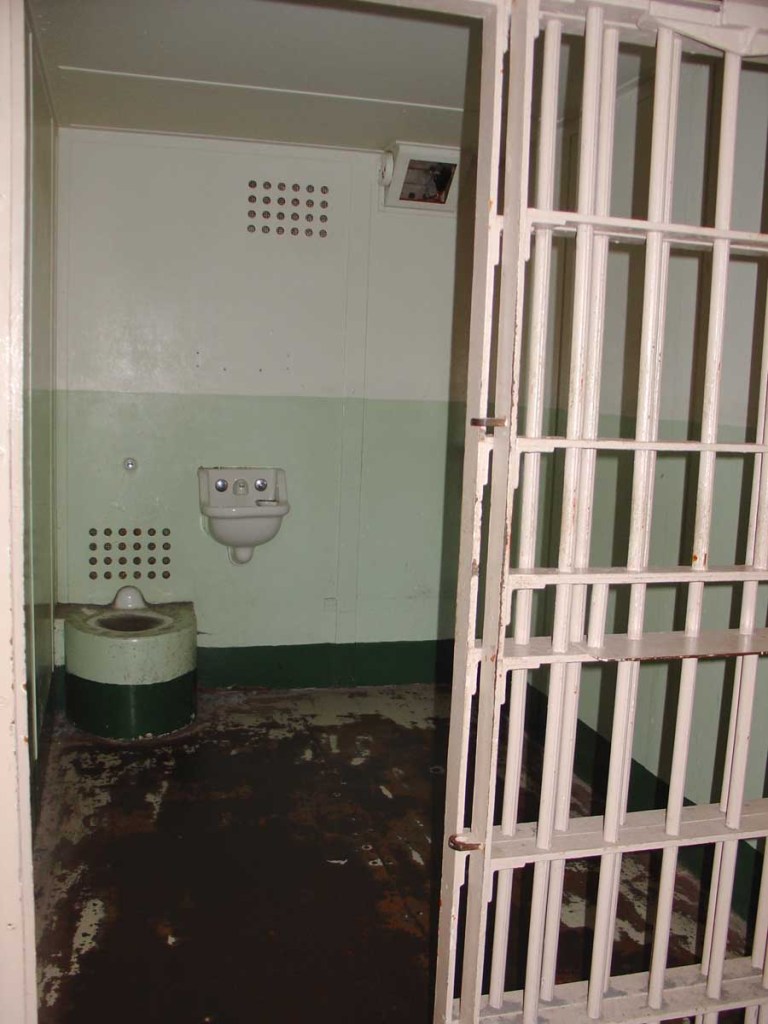Welcome to prison: Will that be cash or charge?
Published 7:05 pm Monday, December 7, 2015

- Welcome to prison: Will that be cash or charge?
BOSTON — Locking up one inmate in Massachusetts costs taxpayers more than $53,000 a year — a price driven up by the state’s rising prison population.
Some Republican lawmakers want the state’s more than 10,000 convicts to share the cost.
A proposal by Senate Minority Leader Bruce Tarr, R-Gloucester — set for a hearing Wednesday — authorizes the state to charge prisoners $2 per day to help cover the costs of food and housing.
Inmates who are indigent — a determination that varies by county — wouldn’t be charged. Those who are mentally ill, pregnant or confined to a hospital bed during their incarceration would also be exempt from the fees.
“This would help cover the state’s corrections costs but also put prisoners on a path of responsibility and sustainability,” said Rep. Lenny Mirra, R-West Newbury, a co-sponsor of the bill. “It’s a small amount of money, but it’s about teaching them the basic things we want every prisoner to learn before they go back into society.”
Mirra said the proposal gives inmates the opportunity to pay their fees by performing work duties in prison.
“They could pay it when they’re in prison, or when they get out,” he said.
But the practice has plenty of critics, and prisoner rights groups say the savings is negligible.
“When someone gets out of prison, and they’re lucky enough to get a job, this is just one more thing that will make it harder for them, without making much money for the state,” said Peter Wagner, a lawyer and executive director of the Northampton-based Prison Policy Initiative. “So the state is basically going to spend more money trying to get blood from a stone.”
Massachusetts spends more than $1.2 billon a year to shelter, feed and provide services for more than 10,000 inmates in 18 facilities, according to the Department of Corrections.
As of last year, the average cost to house one inmate was $53,040 annually, or roughly $145 a day.
The state imposes other fees on convicts — for probation, the victim and witness fund, as well as charges for clothes, medical treatment, use of telephones and property damages in correctional facilities.
At least 43 states have approved legislation allowing prisons to charge fees for room and board.
Thirty-five states authorize charges for medical fees in either state or county lock-ups, according to the Brennan Center for Justice, a nonpartisan think-tank at New York University’s School of Law.
In Maine, inmates can face charges of up to $80 a day as part of their sentence to defray room and board costs. In Virginia, prison superintendents can charge inmates up to $3 a day for incarceration. Indiana charges prisoners up to $30 a day, depending on their ability to pay, while Kentucky charges $50.
In California, 15 kinds of pay-to-stay programs are on the books — from those affecting city jails to maximum-security prisons — and daily charges run from $85 to $255, according to the state Department of Corrections.
Civil liberties groups say the fees have negative consequences for society.
A study by the Brennan Center argued that fees keep people in prison because inmates who cannot afford to pay often face aggressive collectors and added fees that land them back in prison.
“Some individuals are leaving jails and prisons with a mountain of debt, much of it stemming from the fees they incurred behind bars,” the report’s authors wrote. “Often, former inmates must depend on family members to pay the bills or are forced to prioritize criminal justice debt over other pressing needs such as feeding, clothing, and housing family members who are reliant on their income.”
A 2011 report by the state Executive Office of Public Safety and Security suggested that imposing new fees on state prisoners will “lead to a host of negative and unintended consequences.”
“Successful reentry, already a challenge, will become a greater challenge because additional fees will decrease the already limited savings and economic resources available to inmates upon release,” the report concluded.
Christian Wade covers the Massachusetts Statehouse for CNHI’s newspapers and websites. Reach him at cwade@cnhi.com.

